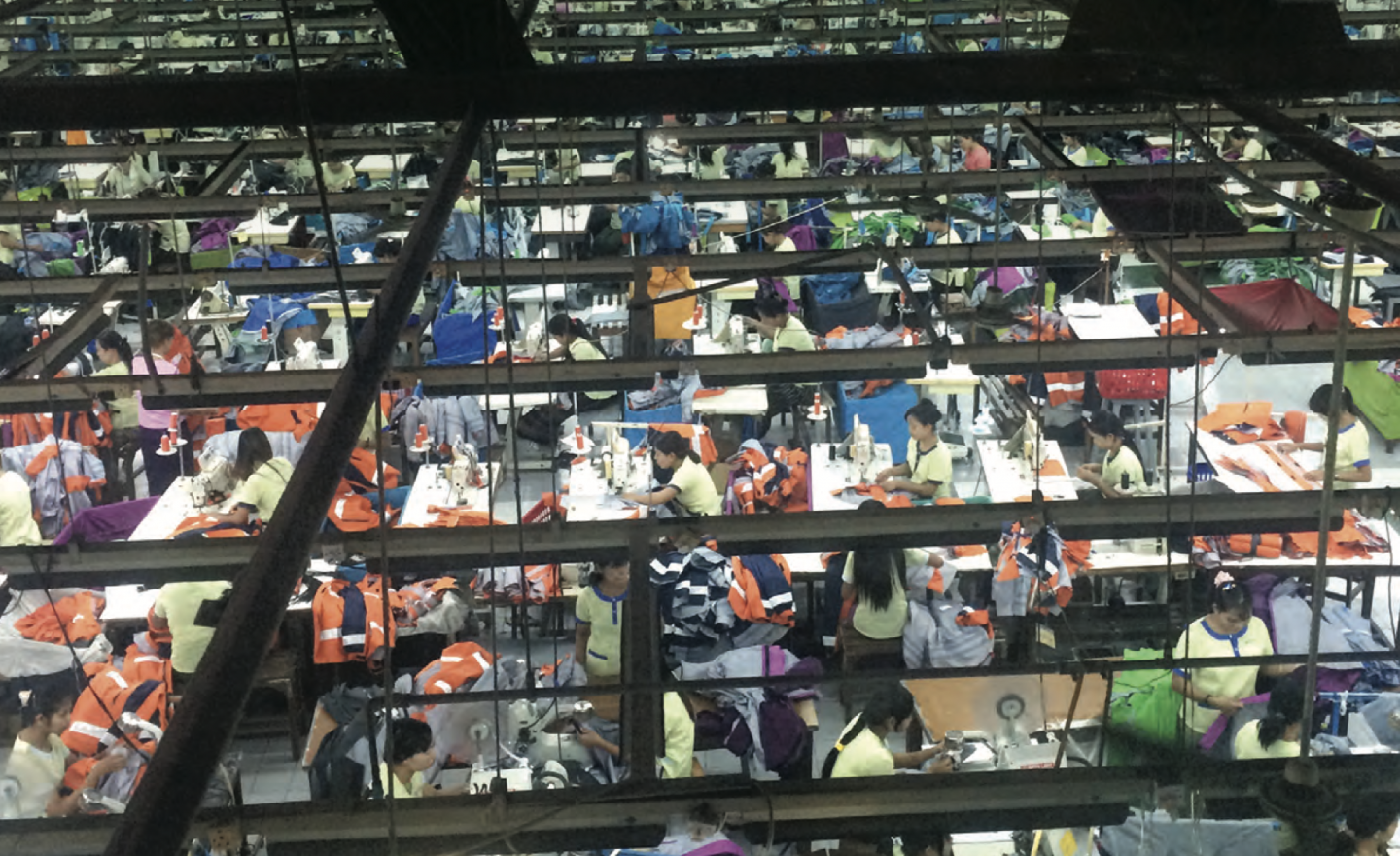8 June, 2020The worldwide spread of COVID-19 is having a devastating impact on workers in textile, garment, shoes and leather (TGSL) industries.
FULL PDF IndustriALL principles for action on Covid-19 in TGSL industries | |||
| ENGLISH | FRENCH | SPANISH | ARABIC |
According to IndustriALL affiliates, order cancellations are driving wholesale closure of thousands of garment factories with millions of workers being laid off without a social safety net. As the virus spreads within the garment-producing countries themselves, more factories are being forced to close, putting potentially millions more workers out of work.
Measures being taken by employers and governments to reduce the impacts on workers are insufficient to protect the huge number of garment workers affected. Tens of thousands of workers in the garment industry have lost their jobs and are being denied wages as more and more countries implement lockdowns. In some cases, workers left without wages are taking to the streets to protest, increasing the risk of infection.
Where factories continue to operate some are doing so without appropriate safety measures, putting workers at risk and potentially further spreading Covid-19.

Facory in Bangladesh /IndustriALL
To guide our work in the TGSL sector during the Covid-19 pandemic and its aftermath, we endorse the following principles:
There is a great urgency to deal with the loss of employment and income by workers in the TGSL sector in many countries. We need immediate action by employers, brands/retailers and governments to establish measures that will assure the income and future employment of workers.
Incomes must be assured for all workers, including permanent, temporary, subcontracted, home-based and other workers that are involved in the production process.
Incomes must be provided to workers that are sufficient to support them and their families through this period of disruption, understanding that even during normal times, salaries in the industries are so low that workers are dependent on overtime and attendance bonuses to survive.
Lay offs, retrenchment and terminations should stop immediately.
Workers should be kept on the payroll of suppliers, and the employment relationship maintained, with income maintenance administered through the suppliers’ payroll, monitored by unions, governments and civil society organisations.
Freedom of association must be respected, with no penalties for raising safety concerns or demands for unpaid wages.
No workers should be forced to work in unsafe workplaces. Where factories continue to operate, health and safety should be guaranteed in accordance with IndustriALL’s ‘Covid-19 Advice for Workers and Employers’
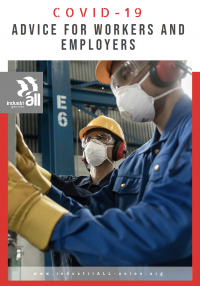 | 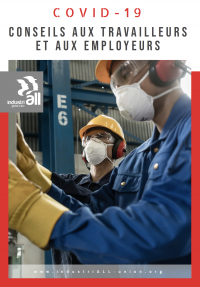 | 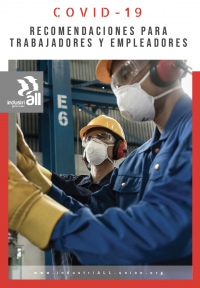 | 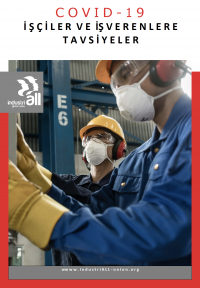 |
| ENG | FRA | SPA | TUR |
Where possible, production should be redirected towards the production of healthcare and sanitary material.
Brands must adopt responsible purchasing practices, guaranteeing that no orders are cancelled, assuming responsibility for manufactured garments and engaging in responsible discussions regarding future orders, not applying emergency clauses that may be included in contracts to stop orders that are under way or as a pretext for not paying manufactured products. Investment must be made into necessary skill development and retraining to enable factories to adapt to new products and technologies and remain viable.
Governments, brands and suppliers need to work together with unions to take coordinated action to ensure wages are paid and that workers and their families are protected from the negative economic impact of lockdowns.
Existing industrial relations structures, including ACT country groups and GFA monitoring committees, are a means for trade unions to engage with manufacturers and brands on measures to ensure that workers are supported through the crisis.
Recognising that action by governments and employers at national level will not be sufficient to guarantee garments worker wages for the duration of the crisis, IndustriALL endorses the document “COVID-19: ACTION IN THE GLOBAL GARMENT INDUSTRY”, convened by the ILO, and calls on all brands and retailers, manufacturers, agents and other industry actors to do the same. On the basis of these principles, IndustriALL will continue to work with the industry to:
- Engage with financial institutions, governments, donors, brands, retailers and suppliers to support rapid and innovative fund-mobilization through emergency relief funds, credit and short-term loans to provide quick income-support to workers
- Enhance social protection schemes and support action to preserve jobs through different means, tax packages or social security charges and temporary unemployment programs
- Ensure that funds are used to enable manufacturers to ensure payment of wages for all workers
- Support the development of social protection floors and to extend social protection for workers in the garment industry.
